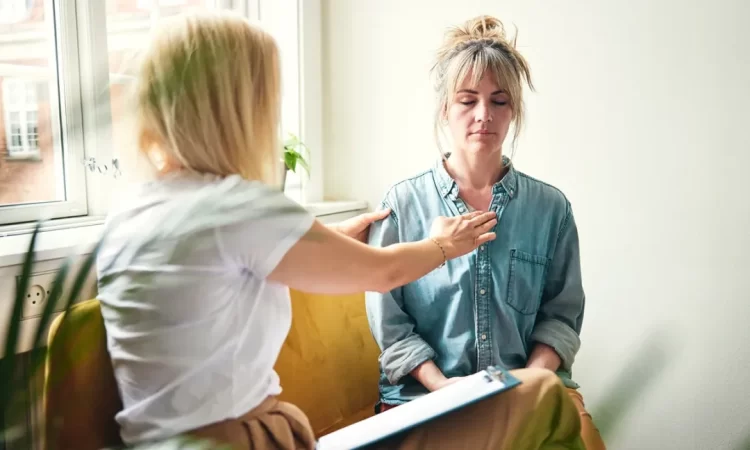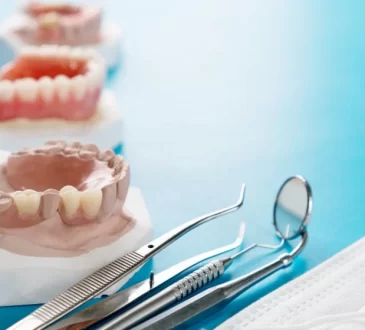Medical Clinics And Holistic Health: Integrating Alternative Medicine

Imagine walking into a clinic and, instead of the cold sterility of a traditional medical setting, you’re greeted by the soothing color palettes, sounds of calming music, and the scent of essential oils. Picture a doctor who, instead of prescribing pills first, asks about your diet, sleep habits, and stress levels. Welcome to the future of healthcare, where mainstream medicine and alternative therapies converge. Dr. Mandeep Walia-Bhatia, a pioneer in this new field, believes that integrating holistic practices into traditional clinic settings can lead to improved patient outcomes. We’re diving into this concept today, exploring how medical clinics are embracing holistic health and what it means for you.
The fusion of two worlds
Once upon a time, there was a clear divide — you had your medical practitioners on one side and your holistic healers on the other. But now, these two realms are merging. Clinics are becoming more aware of the importance of holistic health and are integrating these practices into their services. They’re acknowledging that our health depends on the harmony between our physical, mental, and emotional well-being.
How does it work?
Imagine this – you’ve been suffering from chronic headaches. Instead of immediately prescribing medicine, your doctor first wants to understand your lifestyle. They ask about your diet, sleeping patterns, daily activities, and stress levels. They don’t just treat your headache – they seek to understand what’s causing them. It’s a whole-person approach – not just treating the symptoms, but understanding the root cause.
The benefits
Why is this approach catching on? There are three key reasons:
- Preventative care: By understanding the root cause of health issues, it’s possible to prevent ailments before they even start.
- Personalized care: Each person is unique. This approach tailors care to the individual, taking into account their unique lifestyle and needs.
- Empowering patients: This approach encourages patients to take an active role in their health. It’s a two-way relationship – not just doctors prescribing, but patients understanding and managing their health.
What does it mean for you?
You might be thinking, “This sounds great, but what does it mean for me?”. It means a shift in thinking about healthcare. Instead of viewing your doctor as the one with all the answers, view them as a partner. Your health is a joint venture. It’s about communication, understanding, and working together to not just heal but to thrive.
The future of healthcare
There’s no denying it – the future of healthcare is holistic. It’s about understanding that our health isn’t just physical but encompasses our mind, body, and spirit. It’s about acknowledging the role of lifestyle, diet, and mental health in our overall well-being. As pioneers like Dr. Mandeep Walia-Bhatia are showing, this approach isn’t just possible – it’s the way forward.









